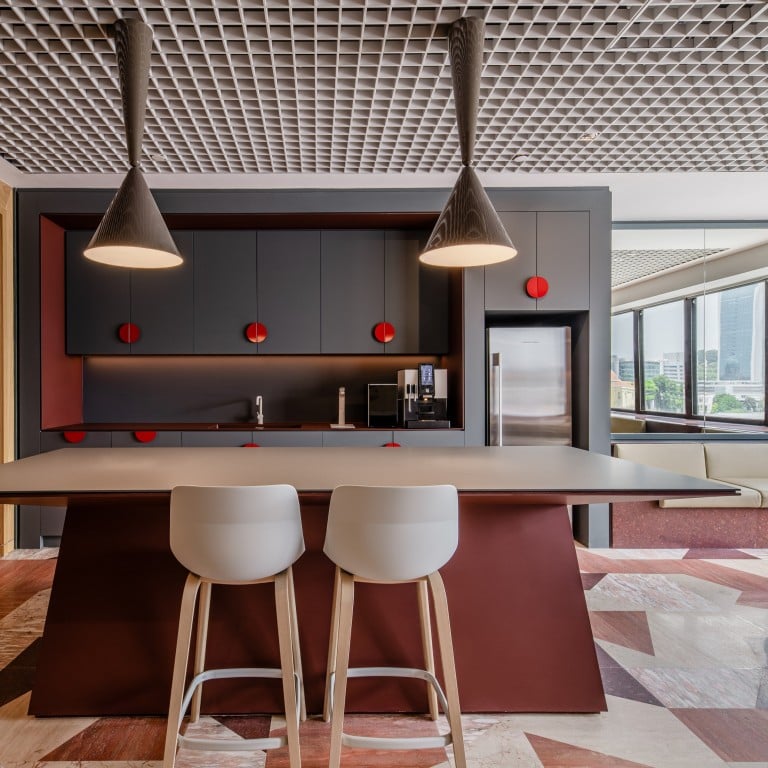
Partnerships between landlords, flexible office providers will kill off traditional lease business model, says Singaporean co-working space operator TWP
- ‘The days of independent co-working companies taking tonnes and tonnes of leases are basically over,’ says founder of The Work Project
- TWP has secured the backing of Dexus, an Australian real estate company that has an office portfolio of 17.2 million square feet there
“But secondly, and more importantly, the reason why landlords need to have skin in the co-working game is because now more than ever, landlords need to be ready for hybrid work.”

Lee said the partnership with CapitaLand, a property investment and management company headquartered in Singapore, had helped TWP to grow its portfolio from two – one in Singapore and one in Hong Kong – to 12 including some in Sydney.
The joint venture with Dexus will allow TWP to manage five new sites in Australia under the Dexus Place brand and expand its locations to Melbourne, Perth and Brisbane.
“What we’ve seen was that the CapitaLand partnership has really propelled our growth in a way that is hard to see there being a comparable experience in our industry,” Lee said.
“We operate in almost every CapitaLand building. And what we’re about to experience with this Dexus deal, I believe, is something very similar.
“This new partnership I think is going to make us into the largest operator in Australia in the next five to six years. That mirrors our experience in Singapore that we’ve had with CapitaLand for the past couple of years.”
Lee forecasts that TWP will operate some 550,000 square feet of flexible office space in Australia in five years’ time.
“Flexible office space is quickly becoming a must-have for commercial landlords looking to differentiate their assets and provide flexibility for tenants,” said Tim O’Connor, JLL’s head of office leasing for Australia.
“With demand for top-tier office stock on the rise, landlords are investing in amenities and exploring ways to elevate their assets,” O’Connor said.
“Partnering with white-label flex operators has been a strategic way for landlords to provide flexibility and infuse hospitality-focused and lifestyle-driven services into their buildings.
“While traditional co-working businesses will still exist, we expect the landlord-owned flex sector to continue to grow and evolve, providing more tenant-focused solutions that make assets more attractive and safeguard their value.”

